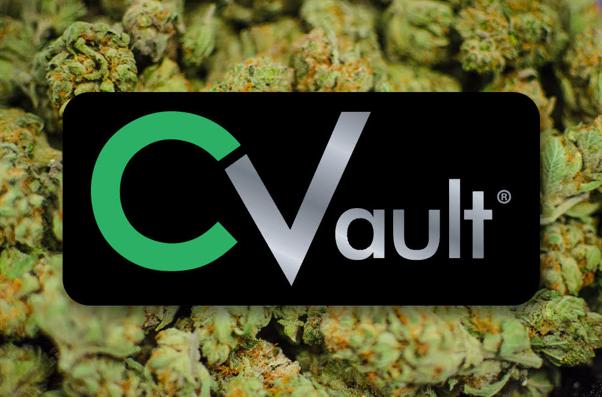In the state nicknamed “The Land of Steady Habits”, recreational cannabis became legalized for anyone over the age of 21 as of July 1, 2021. Connecticut cannabis laws allow for up to 1.5 ounces of marijuana on a person, and an additional 5 ounces in a secured home or vehicle. Retail sales of recreational marijuana in the state are planned to begin in about a year. Legal language was included that caps potency for both flower and concentrates, a measure only previously executed by the state of Vermont. Connecticut cannabis flower must have a maximum of only 30% THC, and concentrates will be capped at a maximum of 60% THC.
While it is illegal to drive under the influence, and consumption of cannabis while in a vehicle is banned if the key is in the ignition, use of cannabis is now allowed in public places that permit smoking of tobacco. Although none have done so yet, any municipality may regulate or ban public use of cannabis. However, municipalities that choose to regulate and have a population greater than 50,000 will be required to provide an outdoor space for usage. Across the state, all cannabis products (including vapes) are subject to the Clean Indoor Air Act, which prohibits all smoking in buildings owned or operated by the state or a municipality, along with any area of a school building, daycare facilities, retail establishments, including restaurants, colleges and halfway houses.
Homegrown Connecticut Cannabis Laws
“Land of Steady Habits” residents will not be allowed to grow their own plants until July 1, 2023. Upon that date, residents aged 21 and older may grow up to six marijuana plants, three mature and three immature. However, residents of the state holding medical cards will be allowed to grow their own three mature and three immature plants as of October 1, 2021. This law is applicable to those who are aged 18 and older.
Connecticut cannabis laws also contain wording on discrimination. Landlords may not refuse rental to tenants with a prior marijuana-related conviction, nor may landlords ban possession. Landlords do retain the right to ban smoking of any kind. In the collegiate realm, institutions of higher learning are not allowed to expel or deny financial aid to students found to possess less than 4 ounces or use cannabis, per the Office of Legislative Research.
Licensing Opportunities
Licensing for recreational businesses will be available to existing medical businesses. Further, half of the new licenses will be made available to social equity applicants, which include residents of communities who have been “disproportionately impacted” by drug-related crimes and high unemployment. A newly established Social Equity Council is charged with ensuring those individuals benefit from the system and as well as coming up with recommendations for equity applicants requirements for retailer, hybrid retailer, cultivator, microcultivator, product manufacturer, food and beverage manufacturer, product packager, transporter, and delivery service licenses. Depending on the number of applicants, a lottery may be held. A parallel track will be established for other applicants of the same licenses.
For those considering starting a business, the Department of Consumer Protection will release applications within a few months, pending directives from the Social Equity Council. Very specific advertising guidelines are in place for businesses who intend to participate in the retail sale of cannabis. State packaging and labeling protocols are in the works, including prevention of accidental child ingestion, confusion with non-cannabis products and other safety measures.
Also in the works is secured banking for the industry. Connecticut’s legislation requires the state Department of Banking commissioner to create recommendations for the General Assembly by early 2022, specifically seeking proposals for how to facilitate the use of electronic payments by cannabis establishments and consumers, and how to provide cannabis businesses in the state access to depository banking and commercial mortgages. The state’s insurance commissioner is also required to report back to the governor and state lawmakers by January 1, 2022, on cannabis establishments’ access to insurance. One outlet estimates recreational sales in Connecticut will reach $700 million within the initial few years.
Delta-8 Ban
It is key to note since the law’s signing, it is now illegal for businesses to sell THC-containing hemp products, per the Department of Consumer Protection. As of July 1, 2021, only licensed cannabis establishments may offer or sell hemp or hemp-derived products with any Tetrahydrocannabinol (THC) concentration, including delta-7, delta-8, delta-9 and delta-10.
Connecticut is now the 19th state to legalize recreational cannabis. Make the victory last longer and get a leg up on competitors by utilizing Boveda products, including the renowned CVault (the world’s smartest cannabis curing and storage container) as well as the new EVault (upgraded 316 pharma-grade steel for secure and sanitary storage of plant extracts like cannabis oil, distillate, isolate, kief, etc.). Boveda has you covered!






